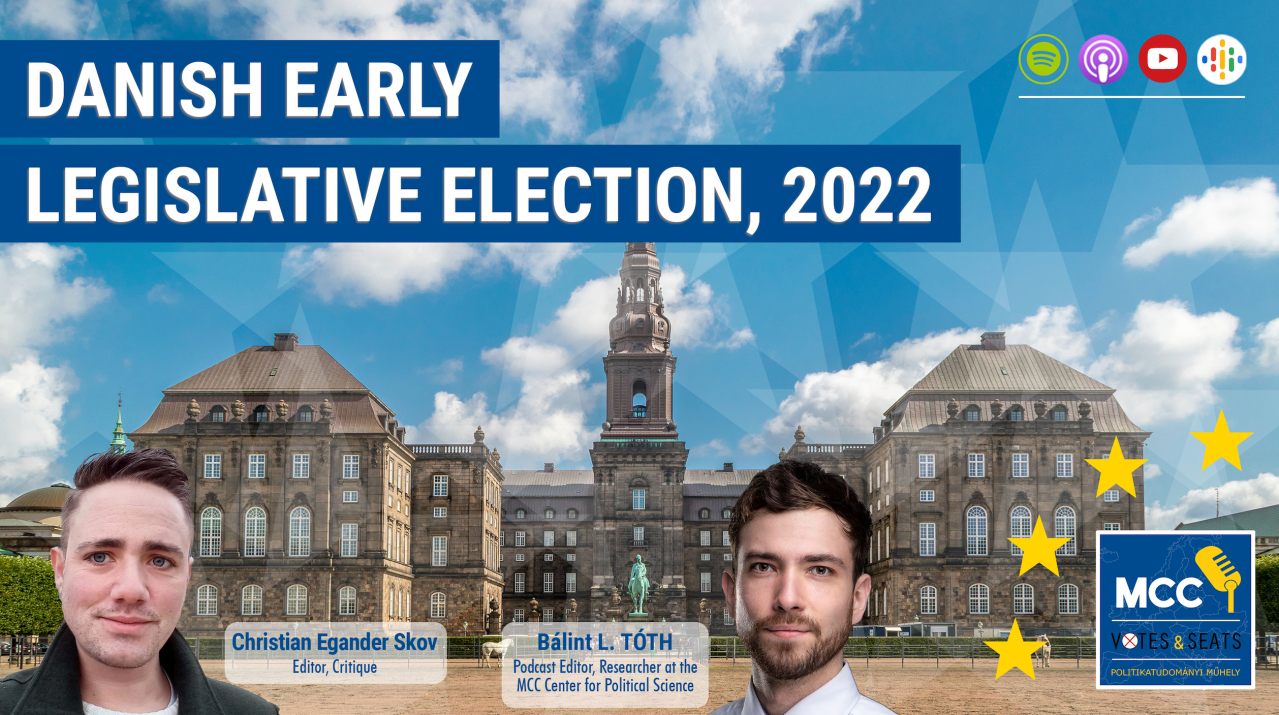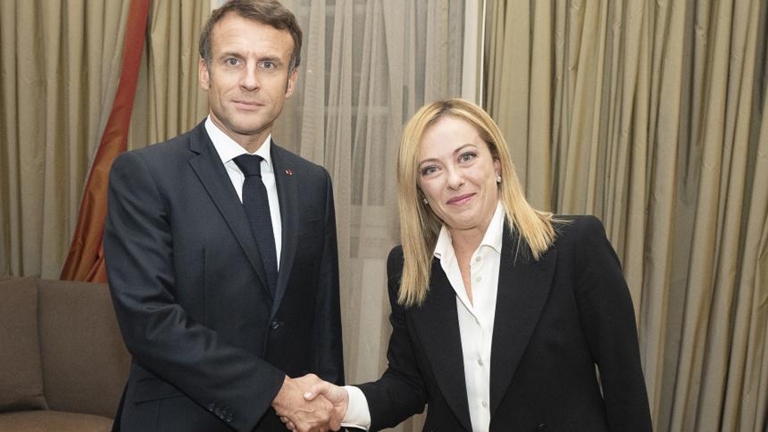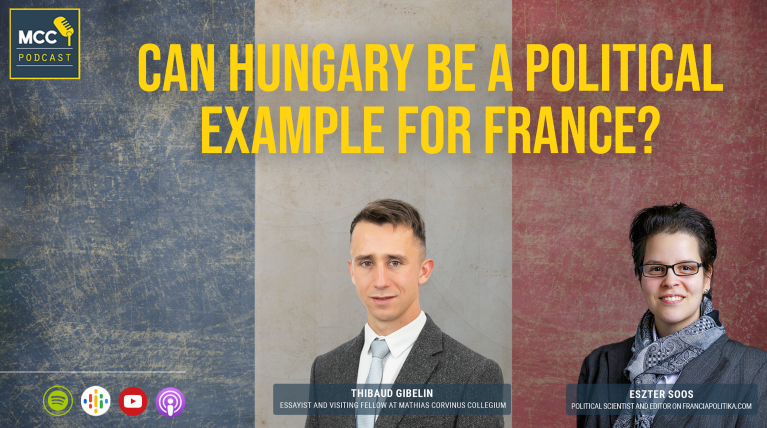Frederiksen’s center-left bloc came out on top securing the most votes. The ruling Social Democrats achieved their best result in two decades, yet they declared a wish to expand political participation outside the confines of the conventional Danish bloc politics. Dr. Skov stresses that Frederiksen’s aim to form a moderate minority government with parties from both blocs might be a tool for responsibility sharing in tough times.
While the center-left Social Liberals obtained one of their worst ever performance, the libertarian Liberal Alliance gathered a lot more votes then last time. This is, because the Danish welfare state has come to a turning point and one can witness major transitions in the society primarily due to 21st century challenges such as immigration, climate change, and expanding urbanization – the guest expert argues. Traditional existential values are being questioned and the political formations either keep pace with the economically left-leaning but culturally more conservative majority of the society or retreat to the small-party status.
For further details on the performance of old and new political actors, the rivalry on the right, and the parties’ attitudes towards the EU, please listen to the latest Votes&Seats episode about the early legislative election in Denmark hosted by Bálint L. Tóth from the MCC Center for Political Science.









